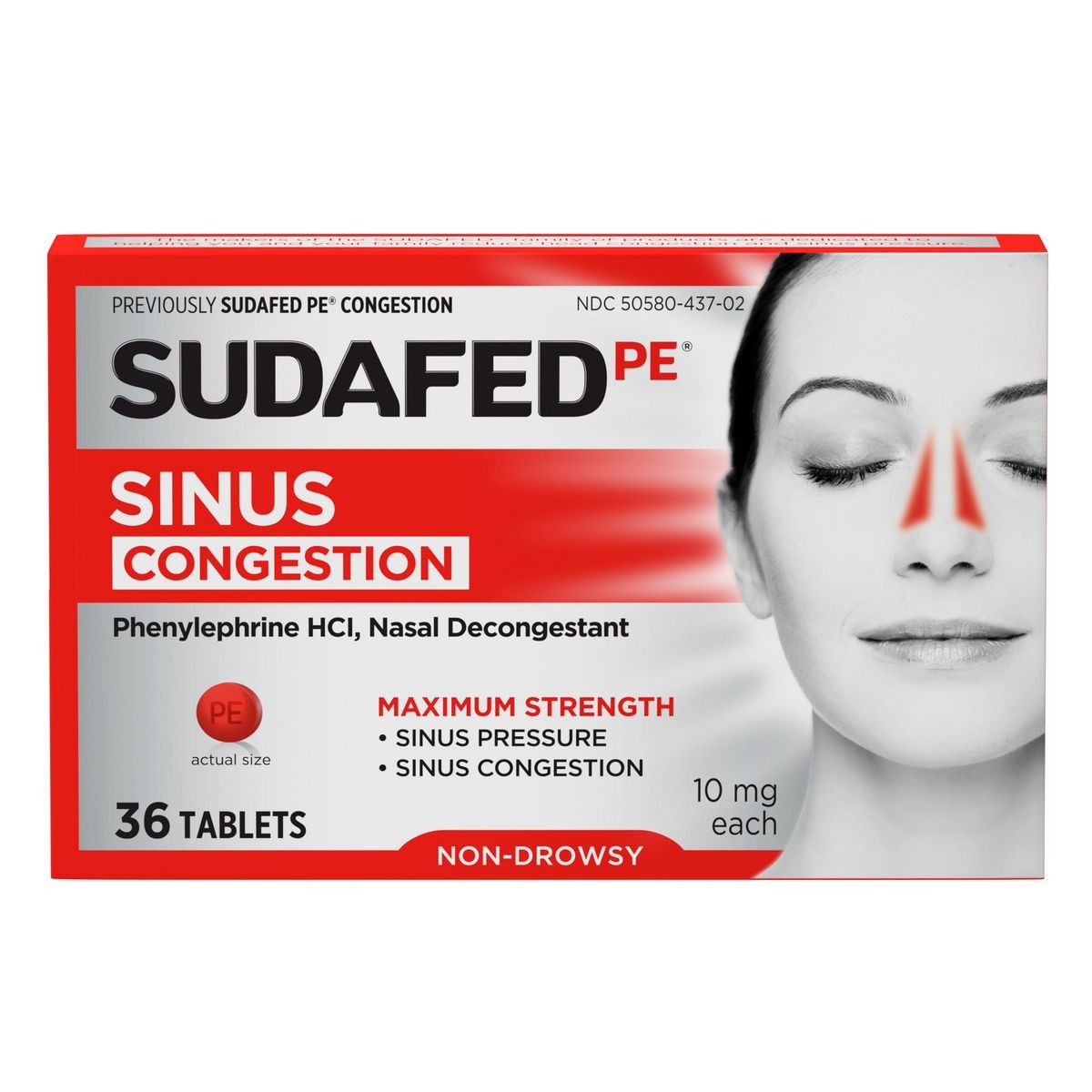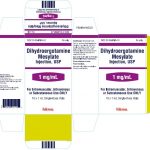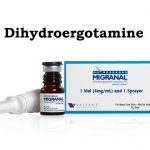
Contents
- 1 guaifenesin and phenylephrine
- 1.0.1 What brand names are available for guaifenesin, phenylephrine?
- 1.0.2 Is guaifenesin, phenylephrine available as a generic drug?
- 1.0.3 Do I need a prescription for guaifenesin, phenylephrine?
- 1.0.4 What are the side effects of guaifenesin, phenylephrine?
- 1.0.5 What is the dosage for guaifenesin, phenylephrine?
- 1.0.6 Which drugs or supplements interact with guaifenesin, phenylephrine?
- 1.0.7 Is guaifenesin, phenylephrine safe to take if I’m pregnant or breastfeeding?
- 1.0.8 What else should I know about guaifenesin, phenylephrine?
- 1.0.9 Summary
- 1.0.10 Related Disease Conditions
- 1.1 Cough: 19 Tips on How to Stop a Cough
- 1.2 What Is Mucus?
- 1.3 Sinus Infection (Sinusitis)
- 1.4 Common Cold
- 1.5 Sore Throat
- 1.6 Pneumonia
- 1.7 Acute Bronchitis
- 1.8 Chronic Bronchitis
- 1.9 Cold, Flu, Allergy Treatments
- 1.10 Sinus Infection vs. Allergies
- 1.11 Can Hot Weather Cause Sinus Problems?
- 1.12 How to Get Rid of a Sinus Infection Fast
guaifenesin and phenylephrine
Guaifenesin/phenylephrine is a medication that contains two drugs, an expectorant (guaifenesin) and a decongestant (phenylephrine). The expectorant effects of guaifenesin promote mucus drainage from the lungs by thinning it and lubricating the irritated respiratory tract. Phenylephrine relieves nasal congestion by constricting blood vessels in the nasal air passages, reducing fluid flow into the tissues of the air passages.
What brand names are available for guaifenesin, phenylephrine?
Sudafed PE Non-Drying Sinus Caplets
Is guaifenesin, phenylephrine available as a generic drug?
GENERIC AVAILABLE: yes
Do I need a prescription for guaifenesin, phenylephrine?
What are the side effects of guaifenesin, phenylephrine?
Side effects include nervous system stimulation leading to restlessness, dizziness, headache, anxiety, tremors, hallucinations, convulsions (seizures), nausea, vomiting, and rash.
What is the dosage for guaifenesin, phenylephrine?
Guaifenesin/phenylephrine may be taken with or without food. Use with caution in patients with heart disease, angina, and diabetes.
Which drugs or supplements interact with guaifenesin, phenylephrine?
Avoid taking guaifenesin/phenylephrine with MAO inhibitors drugs due to the increased risk of serious adverse effects.
Is guaifenesin, phenylephrine safe to take if I’m pregnant or breastfeeding?
Phenylephrine may cause birth defects in some animal species. Associations between first trimester exposure to these medications and malformations have been found, primarily minor ones. Use in pregnancy only if the potential benefits outweigh the risks. Small amounts of phenylephrine are excreted in breastmilk.
What else should I know about guaifenesin, phenylephrine?
What preparations of guaifenesin, phenylephrine are available?
Caplet: 5 mg/200 mg
How should I keep guaifenesin, phenylephrine stored?
Store at room temperature below 30 C (86 F).
Summary
Guaifenesin and phenylephrine (Sudafed PE Non-Drying Sinus Caplets is a drug prescribed for the relief of sneezing, nasal congestion, runny nose, sinusitis, sore throat, or bronchitis. Review side effects, drug interactions, dosage, and pregnancy safety information before taking this medication.
Related Disease Conditions
Cough: 19 Tips on How to Stop a Cough
Coughing helps clear airways of irritants. Causes of an excessive or severe cough include irritants like smoke, pollution, and medications; cold, GERD, lung cancer, and heart disease. Natural remedies include staying hydrated, gargling salt water, using cough drops, herbs, and supplements. Over-the-counter products include cough suppressants, expectorants, and anti-reflux drugs. Prescription drugs include narcotics, antibiotics, inhaled steroids, and anti-reflux drugs like omeprazole, rabeprazole, and pantoprazole.
What Is Mucus?
Mucus is a substance produced by lining tissues in the body. Excess mucus or mucus that is yellow, green, brown, or bloody may indicate a problem. Mucus production may increase with allergies, colds, flu, cough, or sore throat. Antihistamines and cold/flu medications may alleviate excess mucus. A neti pot may decrease nasal congestion and clear mucus.
Sinus Infection (Sinusitis)
Sinus infection is caused by allergies, infection, or irritants of sinuses. Symptoms include headache, fever, facial tenderness, pressure, or pain. Treatments include antibiotics and home remedies.
Common Cold
The common cold is a contagious illness caused by various viruses. Symptoms include stuffy nose, headache, cough, sore throat, and fever. Antibiotics have no effect on the common cold, and there is no evidence that zinc and vitamin C are effective treatments.
Sore Throat
Sore throat (throat pain) is discomfort in the throat area. It may be caused by infections, toxins, irritants, trauma, or injury. Symptoms include fever, cough, runny nose, hoarseness, earaches, sneezing, and body aches. Home remedies include warm soothing liquids and throat lozenges. OTC pain relievers may help. Antibiotics may be necessary for some cases.
Pneumonia
Pneumonia is inflammation of the lungs caused by fungi, bacteria, or viruses. Symptoms include cough, fever, shortness of breath, and chills. Antibiotics treat pneumonia.
Acute Bronchitis
Bronchitis is inflammation of the airways in the lung. Acute bronchitis lasts for 10-20 days and is caused by viruses and bacteria. Symptoms include nasal congestion, cough, headache, sore throat, muscle aches, fatigue, and in children, runny nose, fever, and chest pain. Treatments include OTC pain relievers, rest, and sometimes antibiotics.
Chronic Bronchitis
Chronic bronchitis is a cough that occurs daily with sputum production for at least 3 months, 2 years in a row. Causes include smoking, irritants, and underlying diseases like asthma or congestive heart failure. Symptoms include cough, shortness of breath, and wheezing. Treatments include bronchodilators and steroids. Complications include COPD and emphysema.
Cold, Flu, Allergy Treatments
Before treating a cold, the flu, or allergies with OTC medications, it’s important to know the cause of the symptoms, which symptoms you want to relieve, and the active ingredients in the product. Using products that only contain the medications needed for your symptoms prevents unnecessary ingestion of medications and reduces the chances of side effects.
Sinus Infection vs. Allergies
Sinus infections and allergies cause symptoms like runny or stuffy nose and fatigue. Sinus infection (sinusitis) is inflammation of the sinuses caused by infection from bacteria, viruses, or fungi. Allergic rhinitis occurs when allergies cause nasal symptoms. Breathing in allergens like pollen, dust, or animal dander can cause symptoms like runny or stuffy nose, itching, sneezing, and fatigue.
Can Hot Weather Cause Sinus Problems?
Sinusitis is irritation and swelling of the sinuses. Allergies and sinus problems are common in warmer seasons.
How to Get Rid of a Sinus Infection Fast
Sinus infections involve irritation and swelling of the sinuses. Treatment includes OTC pain relievers, decongestants, antibiotics, humidifiers, nasal irrigation, steam inhalation, rest, hydration, and warm compresses.
Sinus infections involve irritation and swelling of the sinuses. Treatment includes OTC pain relievers, decongestants, antibiotics, humidifiers, nasal irrigation, steam inhalation, rest, hydration, and warm compresses.


